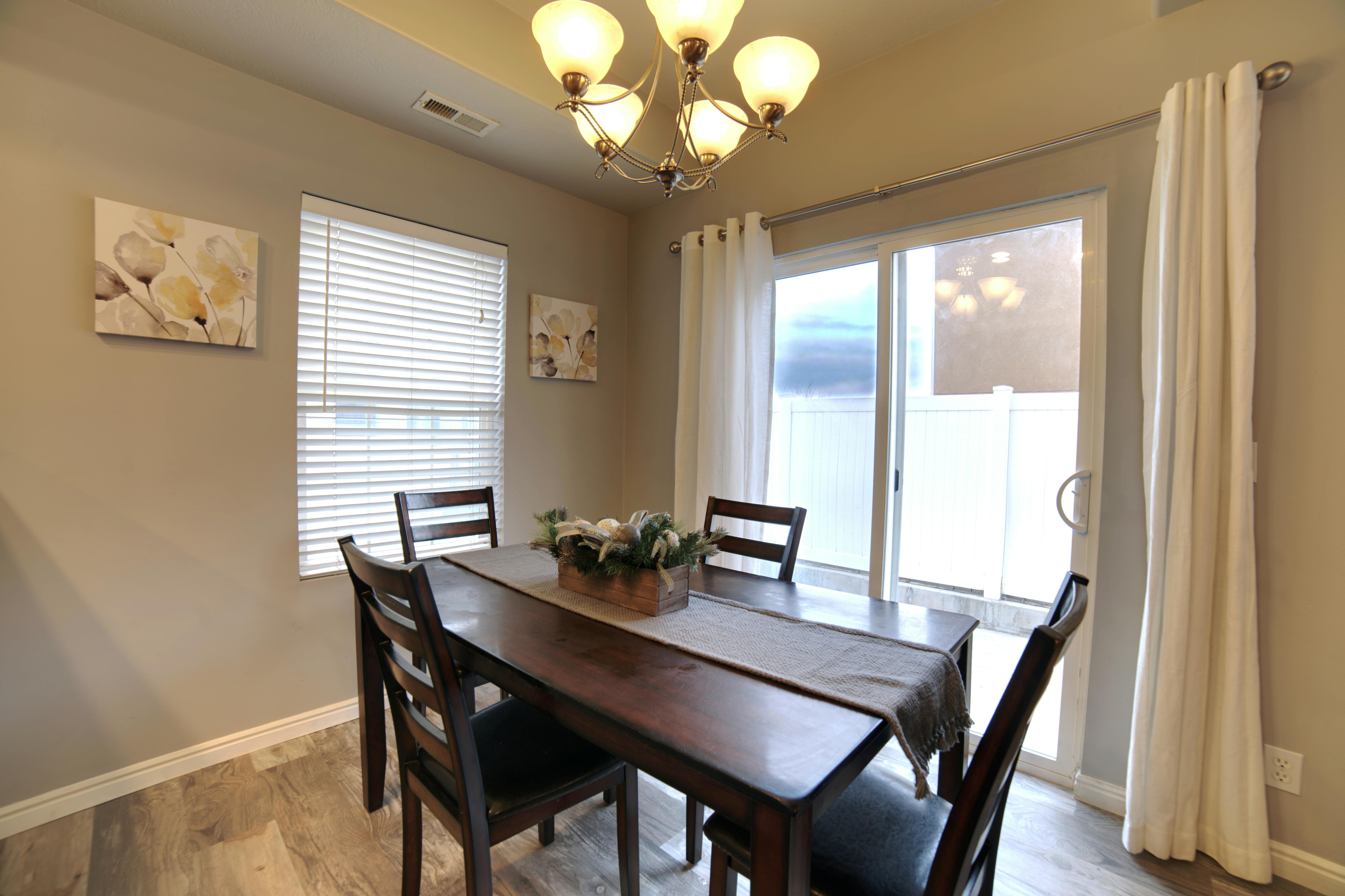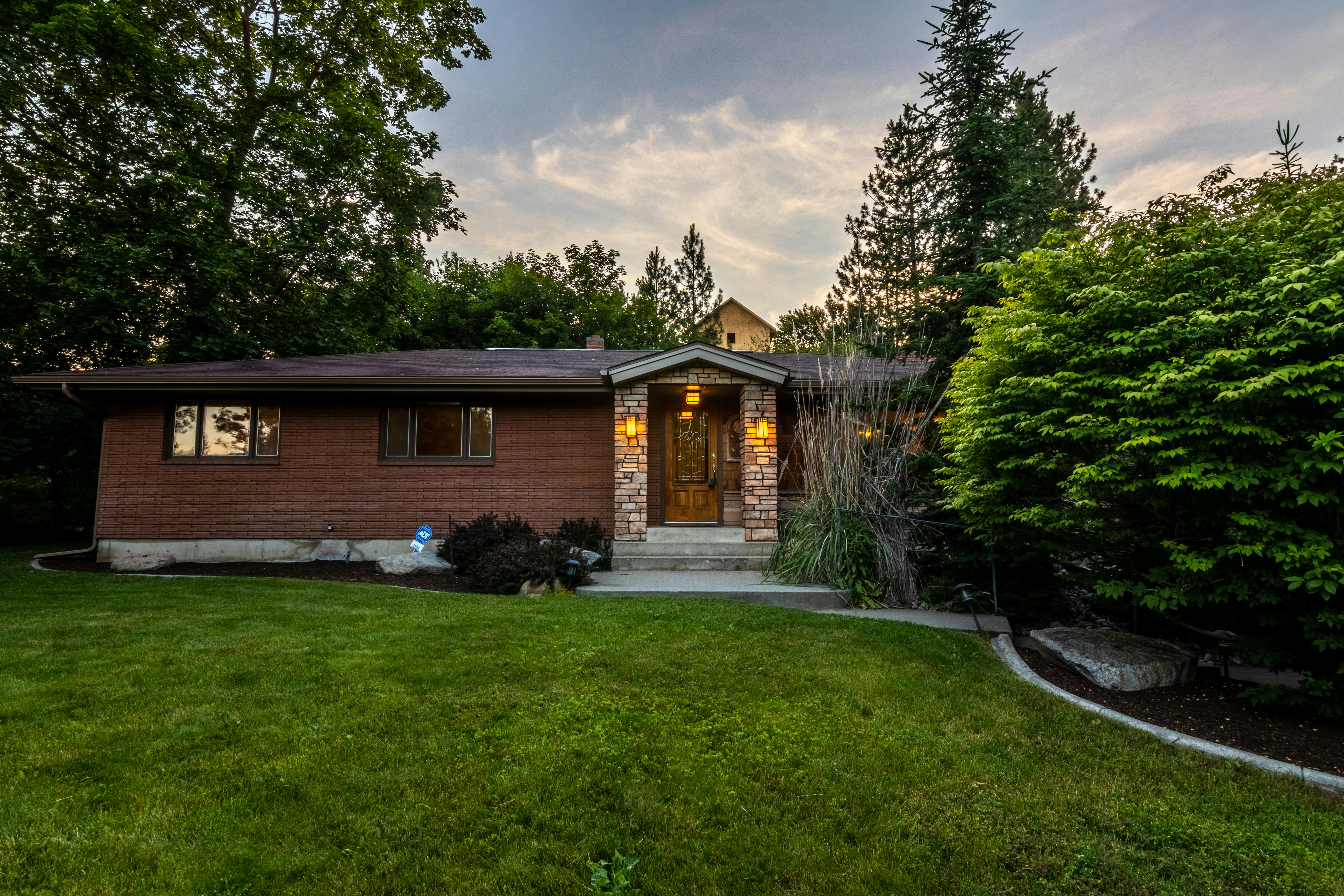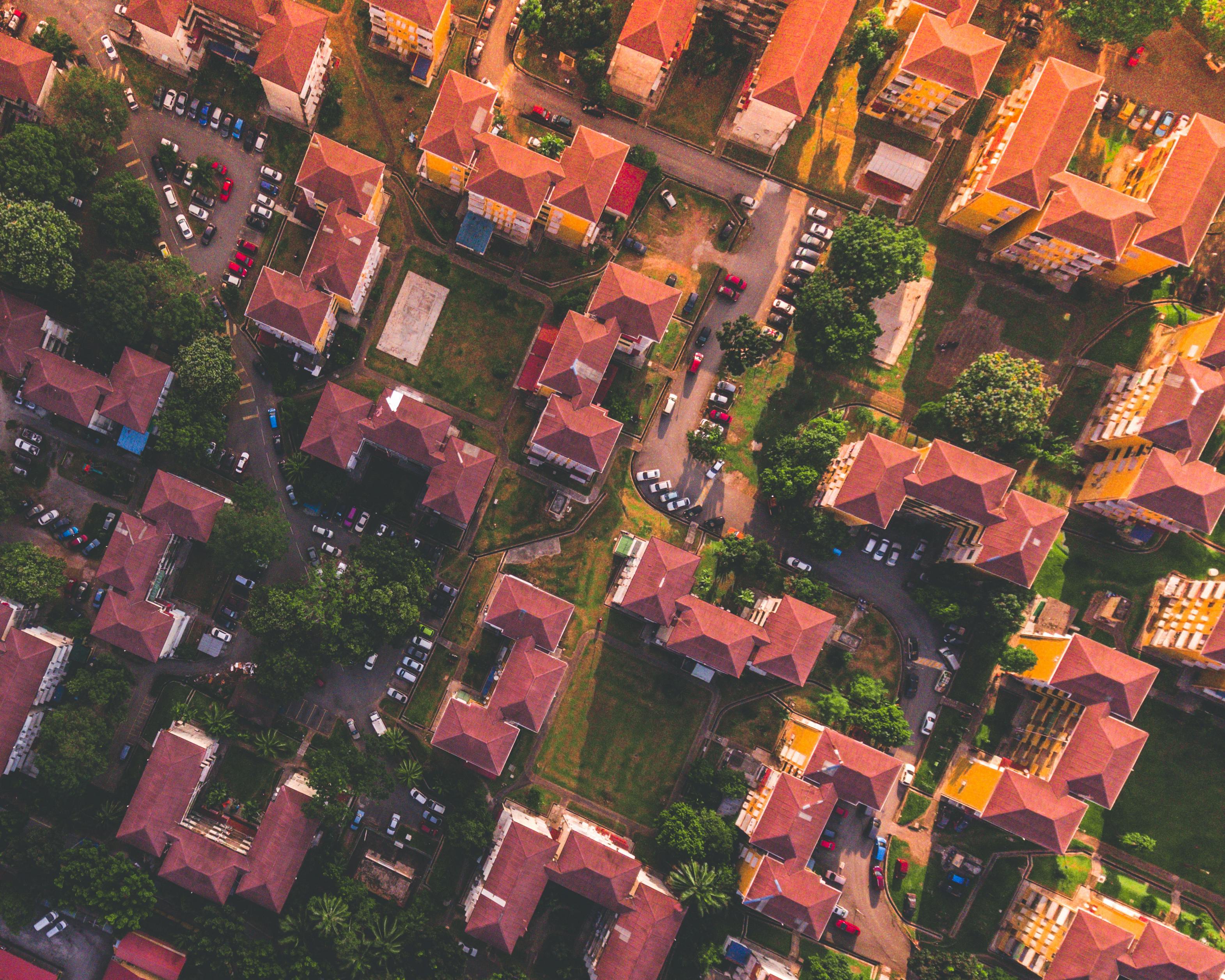There are undoubtedly a plethora of options available to people interested in investing in residential property abroad. From Portugal to Dubai and even Greece they are popular with people interested in buying property on board. However, none of these countries can come close to Spain in terms of what they offer.
Not only do you get the best of the year around sunny weather, sparkling blue Mediterranean waters and sand of every color imaginable, but you also get the Spanish way of life served on a silver platter. The laid-back, laid-back culture of siestas and “see you tomorrow” is almost irresistible, as is the cuisine of tapas, fish and mojo served with crisp Spanish wine.
Then there is the exciting choice of locations to suit the requirements of the most discerning buyers. You can choose between a cozy house in the tranquility of the white villages, known locally as the white towns or you can opt for the urban decay of many towns and cities in Spain. Just as affordable are the country houses, which are ideal for hikers, hunters and nature lovers, or you can opt for a stylish and cozy villa located in a gated community.
But is this the right time to invest in Spain?
In fact, there couldn’t be a better time to buy a house in Spain than now! Real estate markets have recovered significantly in response to the economic recovery. In turn, this has led to a renewed interest in homes across the country. Add to this the fact that Spain remains the most popular and affordable destination for people who want to move and work there, for those who want to spend their golden years of retirement on its sunny shores, as well as for buyers looking for a Affordable vacation home that offers value for investment.
It is also imperative to understand that Spain’s resurgent popularity as a sunny holiday destination means there is plenty of scope for holiday rentals. In fact, so significant has been the growth in housing demand in popular areas of the country that several construction projects will begin in 2015 to meet this requirement. As always, the Costa del Sol remains the favorite area for people who want to own a home along the country’s famous and always sunny coast and among second home owners who are once again heading straight to buy. houses in the Andalusian region.
So how do you start the home buying process?
Undoubtedly, finding the right property in Spain can be a harrowing task, with the sheer number of options available in various price ranges. This makes expert support and advice an invaluable asset that can tip the scales in your favor. Although there are countless factors to consider when completing the formalities related to buying a property in Spain, the first thing you should do is enlist the help of a reliable lawyer.
In Spain, all practicing lawyers must be registered with the local bar association or Colegio de Abogados. Thus, all legal professionals will have a registration number that can be checked with the bar association.
However, just because they are registered with the bar does not mean that they are practicing their trade honestly and fairly. In fact, you will learn that finding a reliable and trustworthy attorney or law firm can be just as daunting as finding the right home in the country. This is where Winkworth can come to your rescue!
What does it mean to buy a house in Spain?
Once you have zeroed in on a property and have a capable and reputable solicitor working with you, the stage is set to take the first step towards owning your dream home in Spain.
Step 1: The Offer and Preliminary Contract
Usually, the ball gets rolling when the buyer makes an offer. This is passed on to the real estate agent who works on behalf of the seller. If the price is acceptable to the seller, both parties will sign a preliminary contract, which is locally called a private purchase contract. At this point, the buyer is expected to put down a deposit, normally 10% of the agreed price. This money will be lost if the contract cannot be fulfilled for some strange reason. Therefore, if a mortgage is needed to finance the purchase, it is crucial that you do so before signing the contract.
Step 2: Who pays the debt on the property?
Although you are not required by law to have an attorney work with you when completing the sale, this is a requirement put forward by many lenders and banks to safeguard your interests and those of your borrowers. Without a doubt, a lawyer will be able to advise you on the ins and outs of the purchase process. In addition, it would also be a good idea to survey the property.
This can be fixed before making the 10% deposit or after. The seller is responsible for defects in the property if they have not been informed. However, it’s always a good idea to have a surveyor take a look at the house, so that structural and other issues can be re-addressed before the sale goes through. Also, as the buyer, it will be your responsibility to ensure that all outstanding utility bills are paid; this includes electricity, water, local rates (IBI), community fees and even unpaid mortgage or other charges that are levied on the property.
All this has to be updated. If the property you are buying is a new construction, you will have to make sure that the habitability license has been granted. Your attorney will be able to verify this along with your other ownership documents.
Step 3: Pay the price in full
Regarding the final contract of sale (deed of sale), both parties sign it before a notary. Since this is the final interaction between the buyer and seller, the party buying the property will have to pay the remainder of the sales value, taxes, and any other costs and incidental fees that are due at this time.
The cost associated with purchasing the home along with all property and other taxes may be paid by the buyer or an agent working on the buyer’s behalf. However, as the new owner of the property, it is the buyer’s responsibility to ensure that all taxes have been paid and paperwork related to ownership of the property such as registration has been completed.
Registration will be done by the notary for an additional fee or you can notify the registry office of the sale, without completing the registration process. In Spain, a capital gains tax of 21-27% is levied on the sale of all properties. This means that your attorney will retain that amount of money to cover potential seller liability, so you don’t end up overpaying for your new home.
Buying a house in Spain does not have to be a cumbersome or burdensome process. In fact, it can be a completely pleasurable experience as you explore the best that each area and home has to offer. The biggest advantage is that the real estate market has just bottomed out. So you have a multitude of exciting options to explore and they all come at affordable prices. However, low prices may not prevail for long as more buyers turn their attention to Spanish properties.




